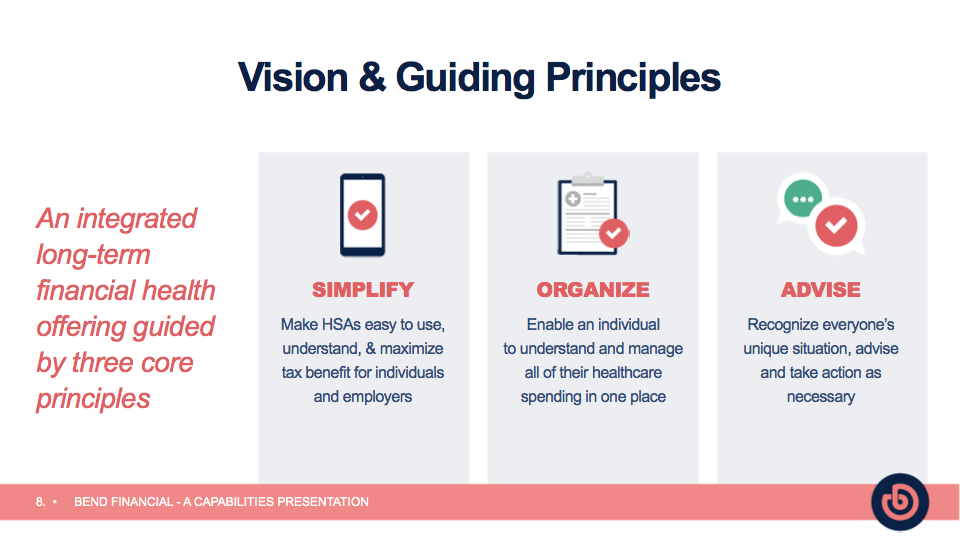
Motivating Employees to Participate in HSAs Using Behavioral Economics
Using Behavioral Economics to Improve HSA Participation
Although everyone would agree saving money is a responsible and smart financial decision, the concept often combats our natural behavior as human beings. Our efforts to change – even with something as universally good as saving money – often fail because it’s hard to ignore the factors that influence our impulsive and subjective decisions.
Bring Positive Change: Help Your Employees To Save Money On Healthcare
Medical costs have proven to be difficult to save for, too. Nearly 40 percent of people can’t cover a $400 emergency expense and 60 percent admit to worrying about unforeseen major medical costs. And while health savings accounts (HSA) are becoming a more popular offering for employees to aid in medical cost savings, employee engagement remains low. Only one in four of eligible employees enrolled in an HSA are using it. The reasons are varied but most often employees don’t see the purpose or understand what it does or how it’s different from other health savings benefits. But behavioral economics can help.
Behavioral economics applies human psychology to explain our behavior, particularly in how it affects
our economic decisions. Whereas classical economics assumes we are rational – that we carefully
consider our options and the consequences of each potential choice to come to a logical and sensible
conclusion, behaviorists say nothing could be further from the truth.
Rather than making rational choices based on objective factors, we are instead motivated by emotional
ones—such as how we were raised, what our friends and family members do, and the lifestyles of media celebrities and other influencers we admire. Behaviorist and Duke University researcher Dan Ariely defines behavioral economics, therefore, as “the study of human irrationality, decision making, self- control, and emotions.”
Does this mean we’re doomed to making poor decisions? Quite the contrary. Because our behavior is
predictably irrational, behavioral economics can be used to provide greater clarity into our decision-
making process and to influence our economic decisions for the better—including saving money through an HSA.
Creating positive change
Clearly, an opportunity exists for all eligible employees to optimize HSA participation – whether it’s
encouraging enrollment from previous non-funders or helping active contributors realize the
comprehensive savings and investment benefits of their HSA.
Our new white paper examines how companies can bridge this gap and empower greater financial
savings, including:
• Framing your messages
• Creating incentives
• Making decisions easy
• Using nudges
• Removing barriers
No matter how obvious the benefits are of certain decisions, most of us still struggle to make them,
especially when it comes to saving money.
Read our white paper to learn how incorporating a strategy bolstered by the tenants of behavioral
economics can help employees make better decisions for a more stable financial future.
Subscribe to HSA Blog
-
© Bend Financial Inc., 2019
- Privacy






No Comments Yet
Let us know what you think